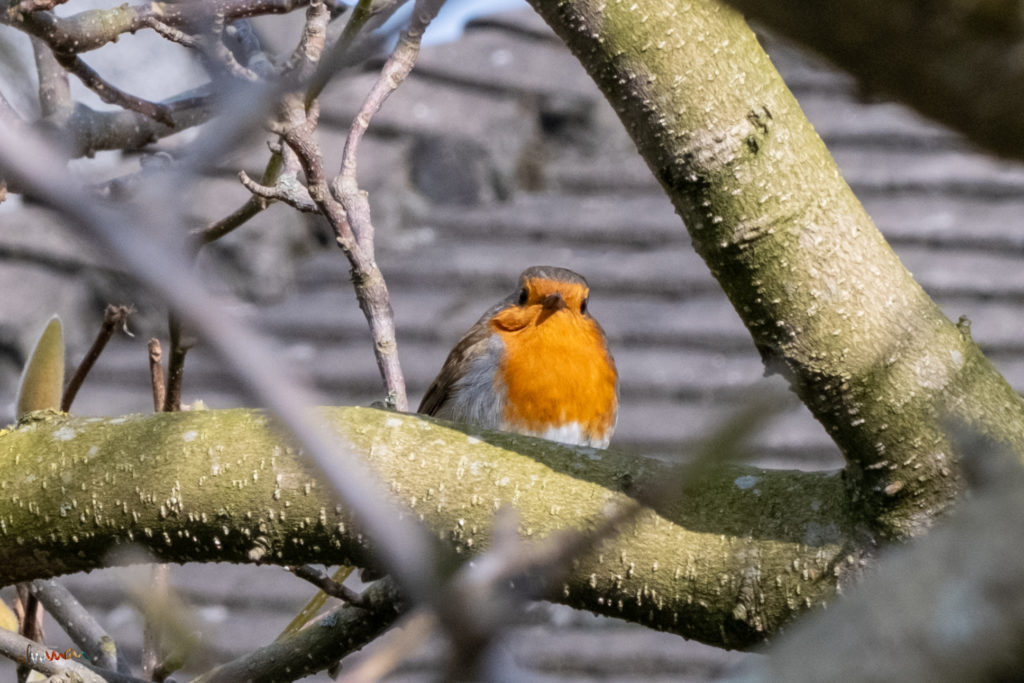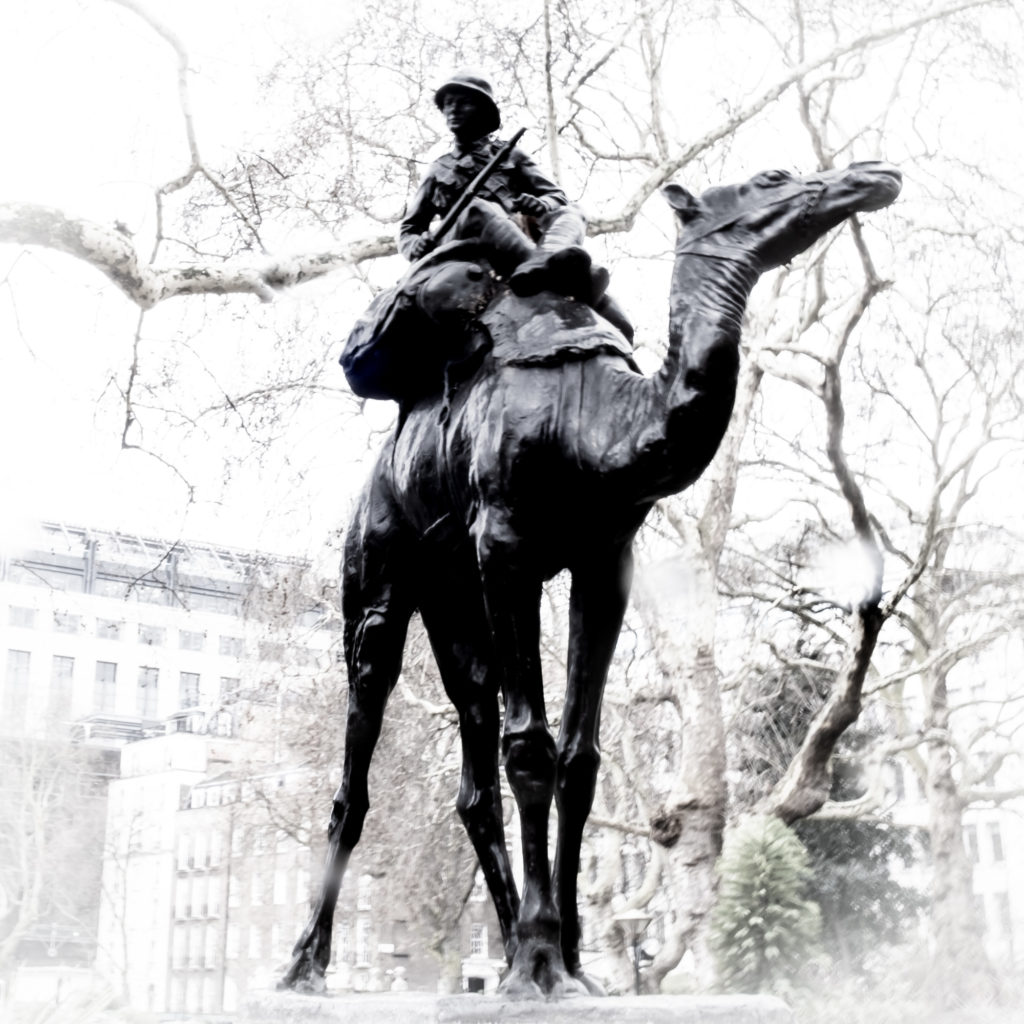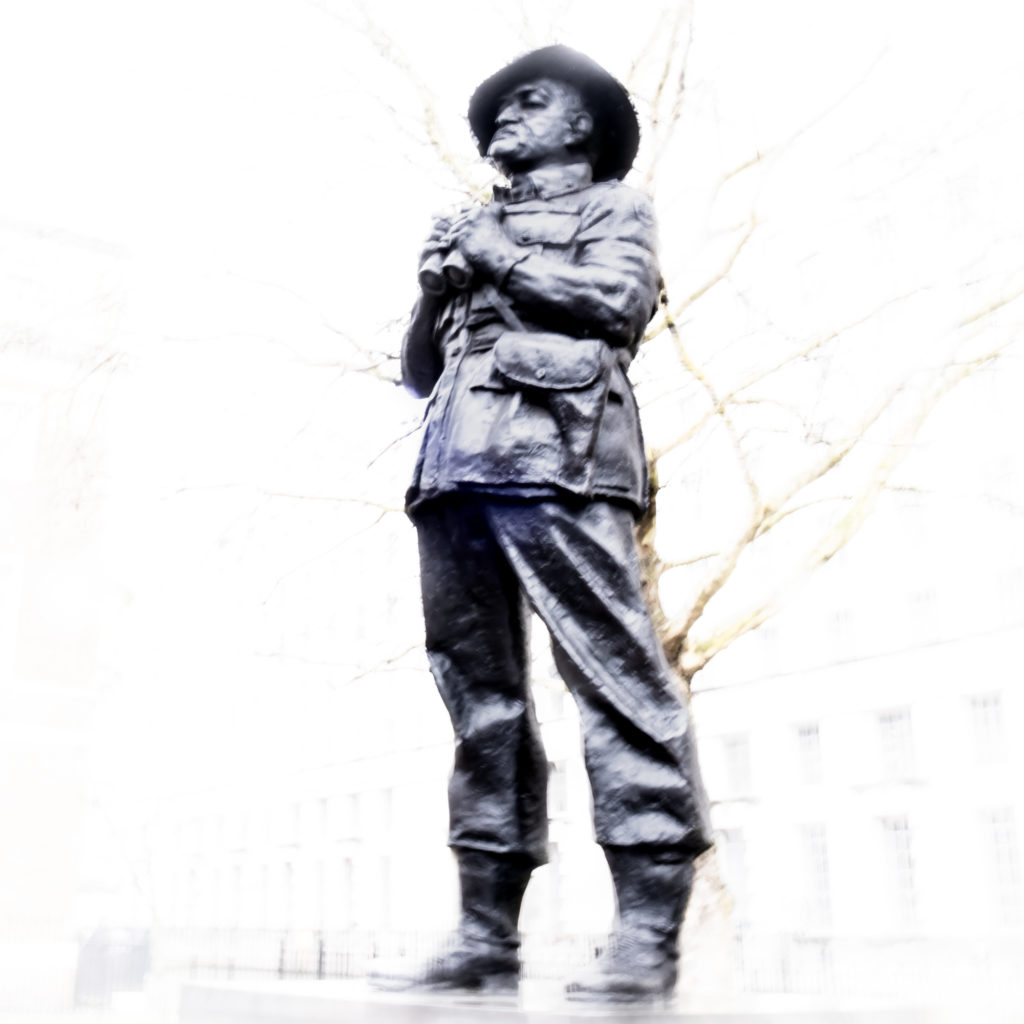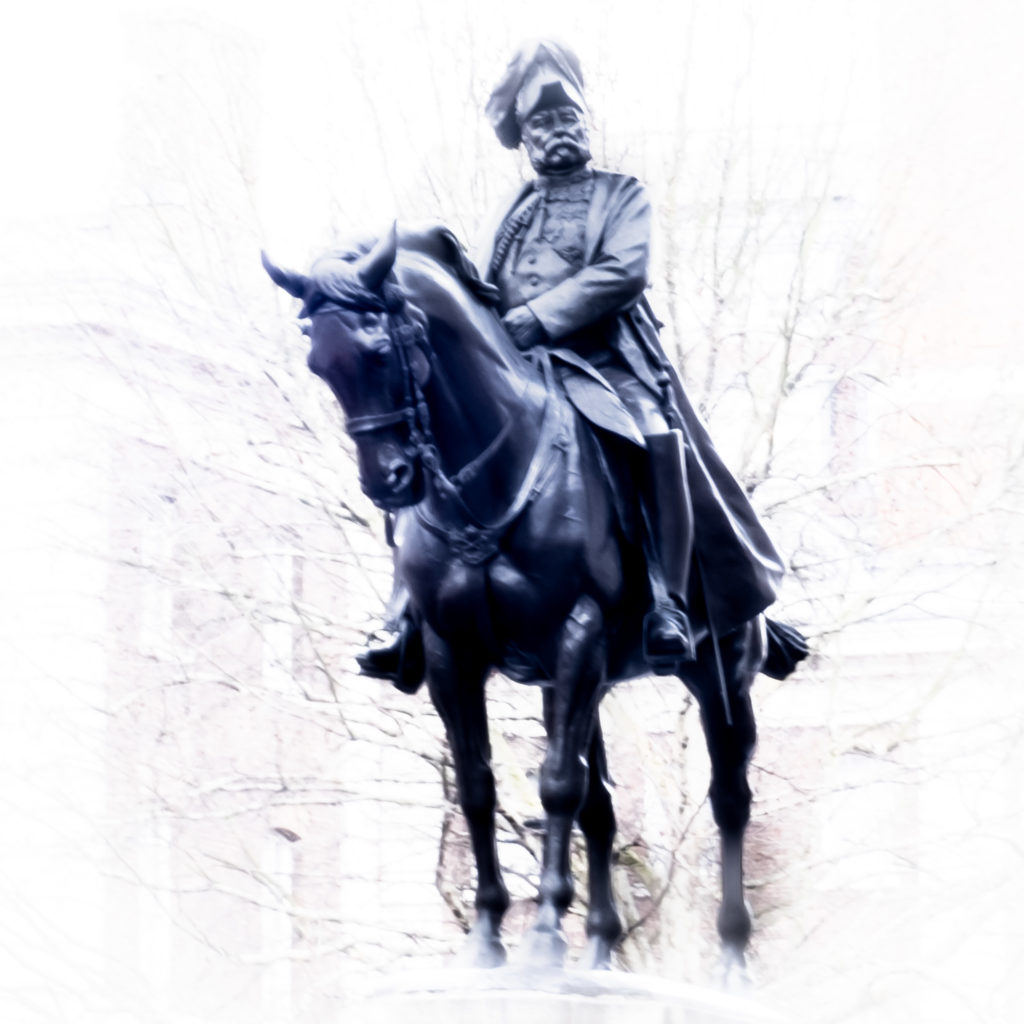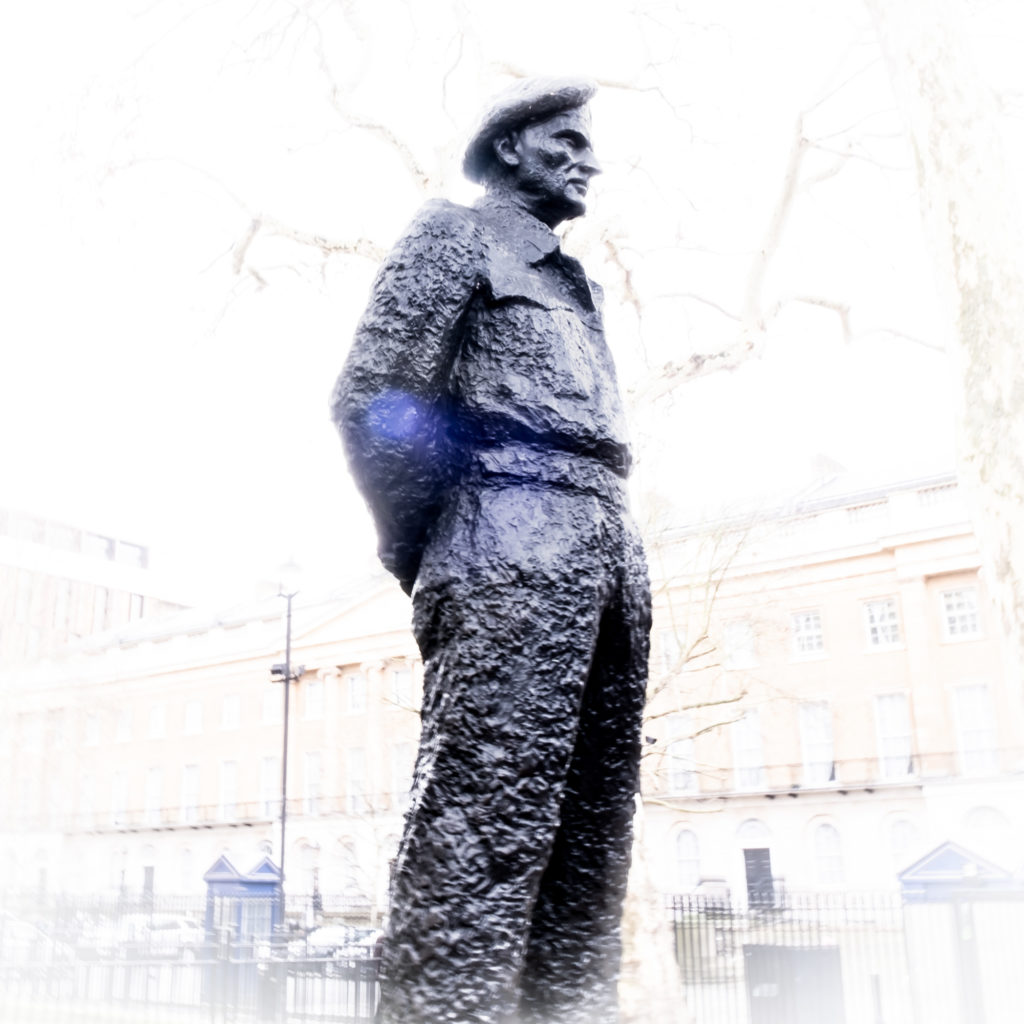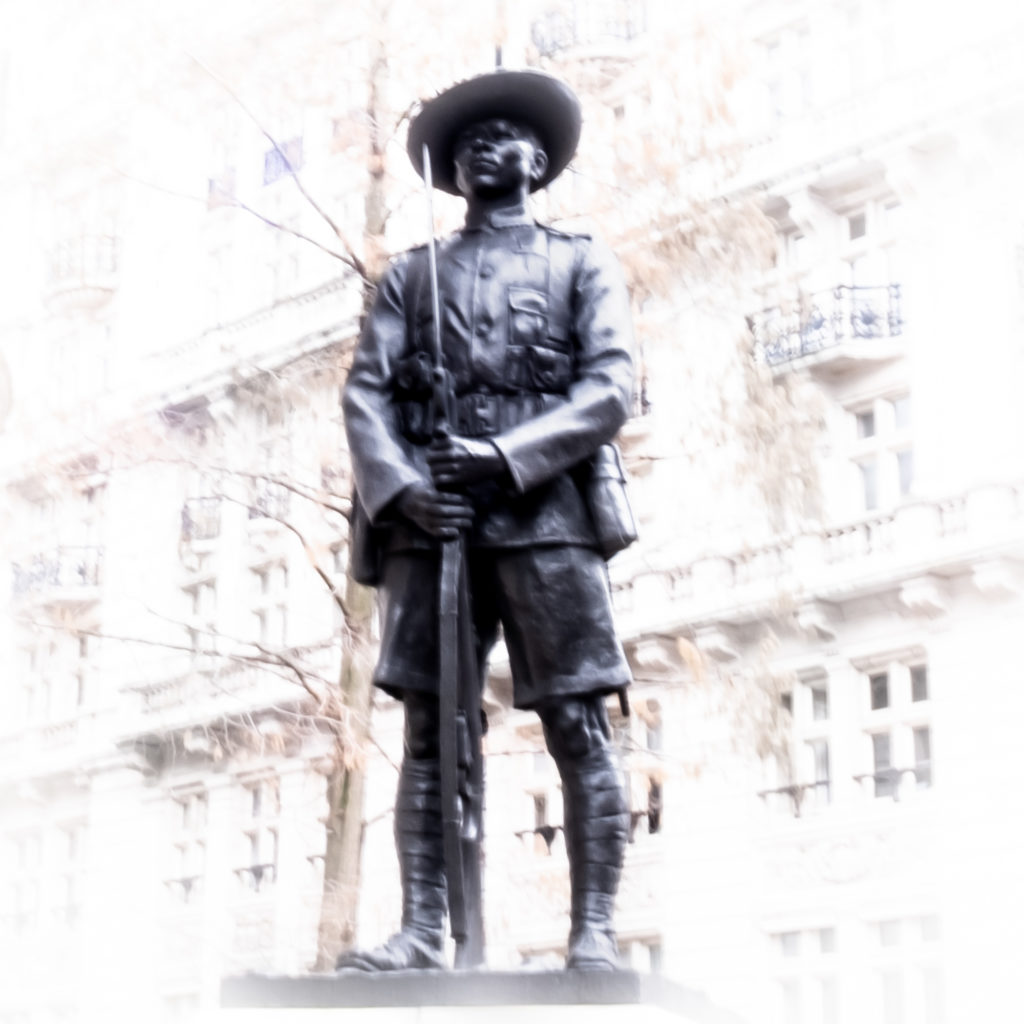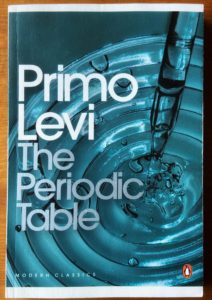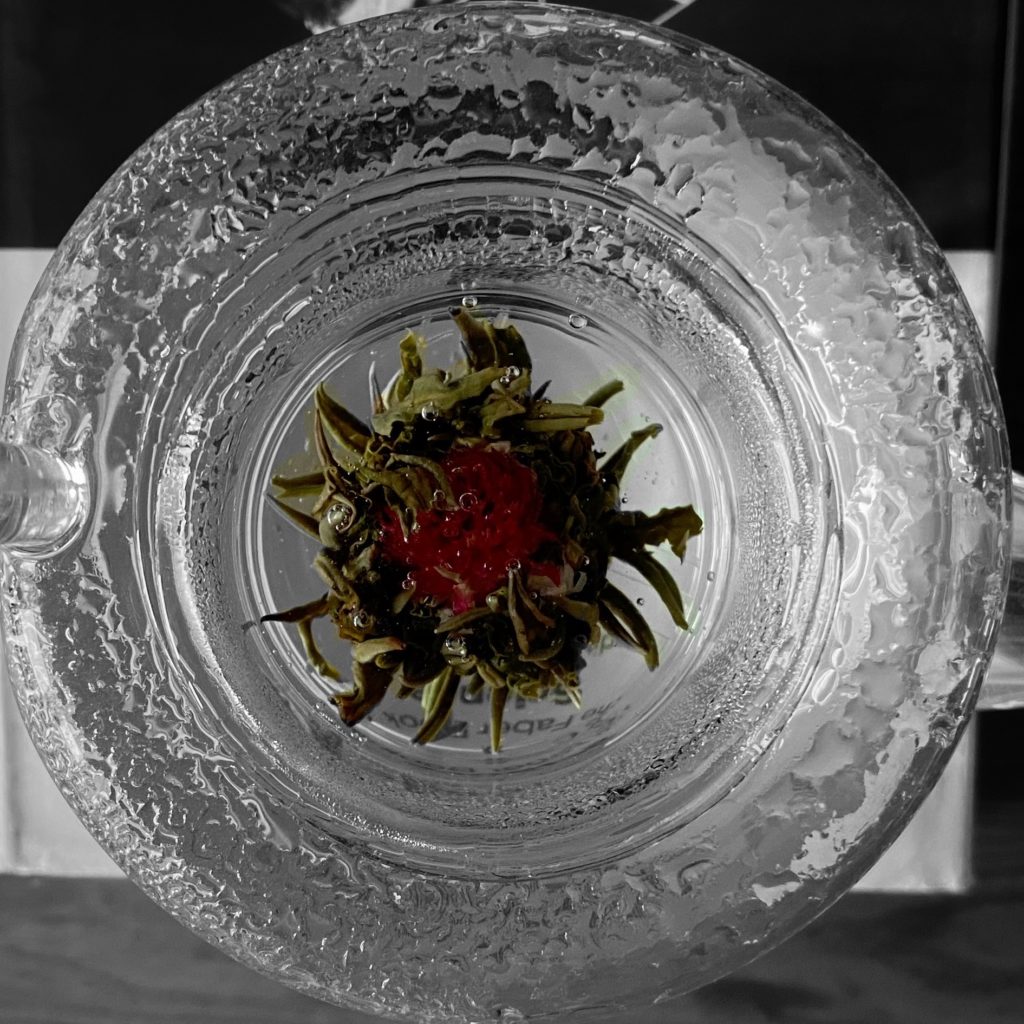Imagine you are thinking of the future in the past. You are in back 1974 and you think that ‘any word you you speak this afternoon will radiate out in all directions, around the town before tomorrow, out and around the world before Tuesday’. I wish I could have had that thought then. Sure it’s wrong in detail but in principle, it was visionary. Computing has evolved rapidly despite the fact that fifty years later we are still pretty much tied to a keyboard. Global telephony has been upgraded and milliseconds are today’s measure of communication time rather than days. Our voices do radiate out in video and audio streams but much of our thinking is spread by text. It’s still the case that text is faster to comprehend. The limit isn’t the technology, it’s a biological constraint.
